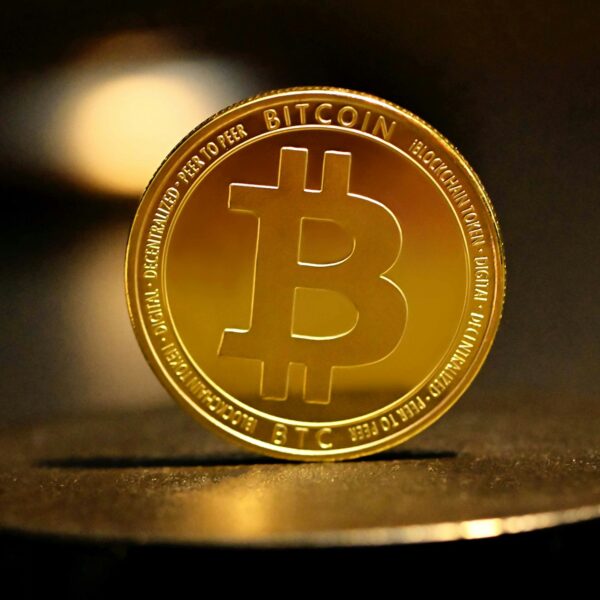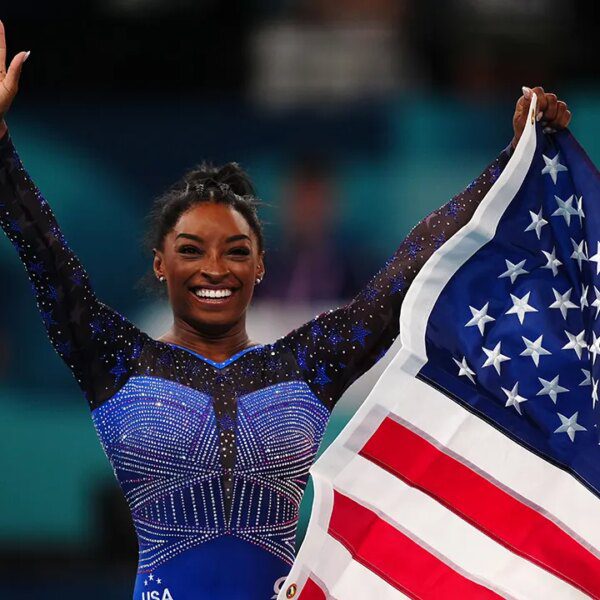
The stock market rallied on news of a partial trade truce between the U.S. and China but, for consumers, the pain remains very real. That’s especially the case for new and expecting parents, who are confronting stiff hikes on items like strollers and high chairs as companies raise prices in the face of economic uncertainty.
Safety essentials, in particular, will cost “quite a bit” more under the tariff policies, according to Babylist, a registry platform. And while the Trump administration’s refrain to “buy American” may seem simple, it isn’t practical for current new parents. Almost all strollers—97%—are manufactured in China, while 87% of car seats are. Unless parents buy secondhand, which can raise its own set of safety issues, they are likely to pay much more.
More broadly, every baby product could be impacted by the trade war, according to Babylist. That includes: cribs and bassinets, nursery furniture, high chairs, baby clothes and shoes, toys, play gyms, diaper bags, monitors, and European-made formula, among others.
While the Trump administration has lowered the 145% tariffs on imports from China to 30% for the next 90 days, some popular baby brands, including stroller company Mockingbird, high chair company UPPAbaby, and sleep tent-producer Slumberpod, have already increased prices or plan to in the next few days.
“Please know, we’ve also explored options to make our products locally (not just recently, but several times throughout the lifetime of our company),” Mockingbird wrote when it announced plans to increase prices. but “very few manufacturers in the world have the expertise to produce high-quality baby products and test them according to our rigorous safety standards—and with your little ones sitting in our strollers and high chairs, maintaining these standards is our top priority.”
The price hikes are happening at the same time that the Trump administration is encouraging Americans to have more children, with the administration reportedly soliciting ideas that include a $5,000 “baby bonus.”
Higher prices on baby goods is a major safety issue, according to the Juvenile Products Manufacturers Association, a national non-profit trade organization representing the prenatal to preschool industry. In a letter to the president sent in February, the organization urged him to exclude all juvenile products from Chinese import tariffs because there are simply not safe alternatives made elsewhere.
“A global supply chain allows the U.S.-based companies that design these lifesaving products to search the world to bring the best mix of product quality and value to parents and caregivers by working with suppliers that have specialized capabilities,” the letter reads. “The death of even one American child due to unavailability of affordable lifesaving baby products is too many.”
Democratic members of Congress have also asked for an exemption from the tariffs for baby gear, and Treasury Secretary Scott Bessent said last week he would consider one. But so far, an exemption hasn’t materialized.
But in a letter to the Trump administration, lawmakers pointed out that child car seats are legally required for children traveling in vehicles in all 50 states. Families shouldn’t have to pay more to comply with the law, they wrote.
“For parents, car seats, high chairs, strollers, and cribs are not optional purchases—they are necessities,” the letter reads. “American families should not be forced to choose between their livelihoods and reliance on poor-quality baby gear.”
Toy industry shortages
Beyond essentials like strollers and cribs, the toy industry is poised for particular challenges under Trump’s tariff policies.
That’s because some 80% of the toys sold in the U.S. are sourced from China, according to the Toy Association, a national industry group. A recent survey from the group finds that 80% of midsize companies and 64% of small companies are canceling orders, while 87% of midsize companies and 81% of small companies are delaying orders.
That could have a huge impact on the holiday shopping season with far fewer toys on shelves, as companies typically begin making those orders now.
Tariffs have “frozen the toy production supply chain,” the Toy Association’s survey says. Because 96% of American toy companies are small or medium sized, according the organization, many will not be able to withstand the price increases and could even be forced out of business.
That said, large toymakers will be hit as well. Mattel Inc., which produces Barbie dolls and Hot Wheels cars, among other toys, said last week that it will have to raise prices “where necessary” due to Trump’s tariffs. Some 40% of Mattel’s global production currently occurs in China.
This story was originally featured on Fortune.com















